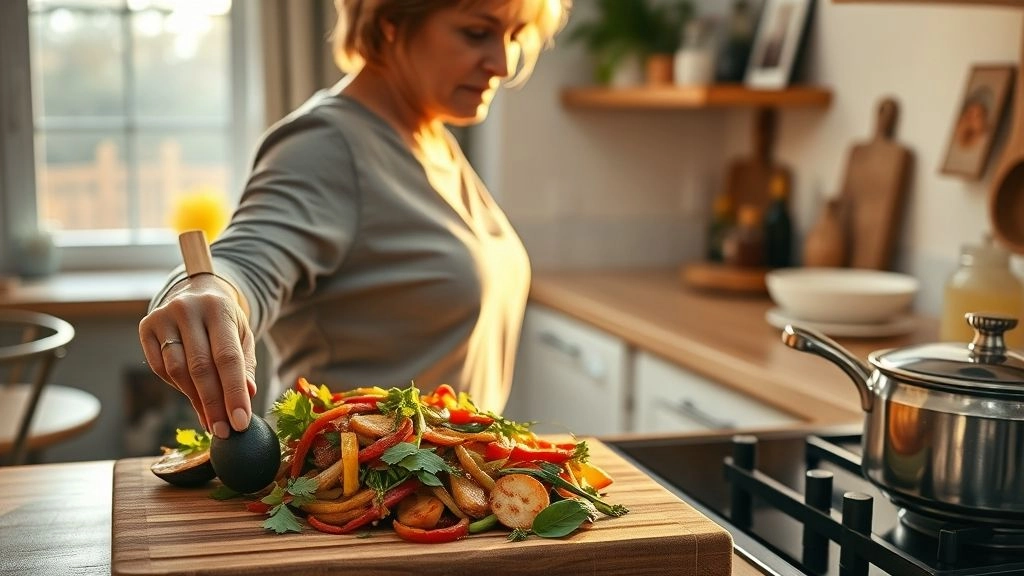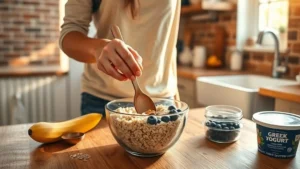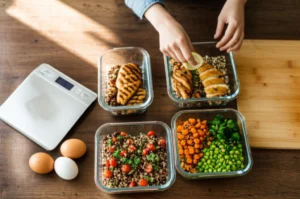Ever notice how one “quick dinner” out turns into a mini financial headache? It’s one of those sneaky traps—restaurants seem fun and easy, right? But when the credit card bill hits, you realize the convenience came at a price. After juggling budgets and cravings for years, I finally sat down (at home, obviously) to compare the true cost and cash-saving power between cooking in and dining out. Spoiler alert: the kitchen almost always wins.
So let’s dig into this Eating at home vs eating out essay—not a boring lecture, but a chat about how making that switch can stretch your dollars and maybe even improve your life.
Why Home Cooking?
Is It Really Cheaper?
Look, everyone loves a tasty meal without fuss. But have you ever really looked at your receipts? Home-cooked meals usually run between $4 to $6 a person, while that seemingly harmless restaurant plate often costs $15 to $20 or more. That’s about three to four times cheaper, which adds up fast if you eat out a few times a week.
If you want cold, hard numbers, check out this smart breakdown on the Cost of eating out vs cooking at home. The difference? On a monthly level, cooking your meals can save you hundreds, easily. And that’s before you even factor in little extras—tips, delivery fees, that tempting dessert you couldn’t resist.
Simple Cost Comparison Table
| Meal Type | Eating Out Cost | Home Cooking Cost | Monthly Savings (4x/week, family of 4) |
|---|---|---|---|
| Burger & Fries | $15 per person | $4 per person | $176 |
| Pasta Dinner | $20 per person | $5 per person | $240 |
| Salad Bowl | $12 per person | $3 per person | $144 |
It kind of blows your mind, doesn’t it? One friend of mine went from hitting takeout 4 nights a week to batch cooking on Sundays—and she saved enough money to take a weekend getaway three months later. Talk about motivation!
Health, But Make It Budget-Friendly
Another thing to chew on: cooking at home isn’t just better for your wallet, it’s generally better for your body. When you cook yourself, you call the shots—less salt, better oils, fresher veggies. No weird preservatives or unknown ingredients sneaking into your meal.
Studies consistently find that people who cook more often at home tend to eat healthier—and yes, that means fewer calories and better nutrients. Plus, if you have special dietary needs or just want to cut back on sugar or salt, home is your safe zone.
I once tried recreating my favorite taco joint’s secret sauce at home… I ended up with something even better and saved a ton on pricey restaurant toppings. Plus, the satisfaction of home-cooked goodness? Priceless.
Why Do We Eat Out?
The Convenience Catch
Let’s be honest. Sometimes grabbing food out feels like a lifesaver. After a long day, the thought of cooking can feel exhausting. So, is the convenience worth the hit to your budget?
Sure, but here’s the catch: there’s a lot more cost hiding behind that quick bite. Between tip, tax, delivery fees (if you’re ordering in), and that side of fries you didn’t plan for… your $15 meal can easily balloon into $25 or more. Check out the Take out vs cooking at home pros and cons for a clear-eyed look at where convenience plays hardball with your cash.
Plus, eating out often means more indulging—desserts, drinks, appetizers—it’s a special occasion vibe, sure, but it can sneakily become your new normal.
Social Life vs. Spending
Another reason people love dining out: it’s social. Meeting friends, a night date, or just a change of scenery. But you don’t have to sacrifice fun for savings. Potlucks, picnic dinners, or cooking together at home can offer the same joy with half the cost and double the memories.
It reminds me of a weekend when my friends and I canceled our pricey restaurant plans to cook a giant feast at my place. We laughed, shared recipes, and I’m pretty sure we saved almost $200 that night. Same fun, way less spent.
Let’s Compare
Pros and Cons, Face-Off
Nothing is black and white. To really decide, it helps to weigh up the Eating out vs eating at home pros and cons. Eating out often means less cleanup and a quick fix—you don’t have to be a master chef. But home cooking offers control, savings, and a chance to get creative.
Looking Ahead: Prices in 2025
Food prices always dance around, but eating out is expected to become even more expensive. The Cost of eating out vs cooking at home 2025 shows how restaurant prices are rising faster than grocery bills—by nearly double!
This means choosing home cooking not only saves you money now but becomes a smarter move as costs rise. I’ve started planning meals around weekly sales and buying in bulk. It’s a small hassle for big savings. Have you tried meal planning? It’s honestly a game-changer.
Final Thoughts and Friendly Advice
So here’s the lowdown from this pretty messy, money-saving journey: cooking at home is almost always the better option if you want to save, eat healthier, and still have a bit of fun. It’s not about never eating out—it’s about choosing when it really counts.
Start small. Maybe swap just one restaurant meal a week for something simple but homemade. Track your savings, and I bet you’ll be hooked. When you see what that $10 or $15 meal adds up to after a month, it might just motivate you to keep going.
And if the idea of cooking every night feels intimidating, I get that! But even simple meals like a pasta with veggies or a quick stir-fry can bring big savings without much stress.
Remember, eating at home is more than just a budget hack; it’s a step towards owning your food, health, and finances. Plus, it’s an excuse to get a little creative in the kitchen—and who knows? You might discover some new favorites.
Ready to start? Check out Cost of eating out vs cooking at home for ideas and inspiration. And hey, if you’re curious about all the perks and pitfalls, the Take out vs cooking at home pros and cons is a handy guide you’ll want bookmarked.
So what’s the first meal you’re thinking about swapping to home-cooked? I’m cheering you on, friend, and can’t wait to hear how your wallet and taste buds thank you.













